Summary
How do we advance our professional practice, and decide where we invest in ourselves and our team? We start with a clear look at how our work is situated in the organization, and what it takes to build real impact through research. In this talk, Dave will walk through the core skill areas that researchers and research teams need to succeed in modern organizations, as developed from workshops involving almost 500 research practitioners. We will see how those skills evolve and support each other over time, and gain a new tool to 'map' a systems-view of professional growth, for individuals and for teams.
Key Insights
-
•
The Research Skills Framework was developed with input from almost 500 researchers across 30 cities worldwide.
-
•
The framework divides skills into 47 craft skills and 13 human skills, treating both as equally important.
-
•
Human skills in research, often labeled as 'soft skills,' are essential for making research usable and impactful within organizations.
-
•
Product analytics is a highly desirable skill that researchers want to develop more than they currently use it.
-
•
Research evangelization—the act of amplifying and sharing research within organizations—is rated as the most useful skill by experienced researchers.
-
•
Researcher growth progresses from focusing on individual task execution to influencing teams, products, and entire organizations.
-
•
Simon Wardley’s value chain and mapping techniques are adapted to visualize research skill development and organizational impact.
-
•
Foundational skills like coordination and data management remain necessary but should be delegated or streamlined to free time for strategic research work.
-
•
ResearchOps emerges as a function to manage foundational research tasks to help researchers focus on higher-order work.
-
•
The framework enables practical applications such as team retrospectives using skill mapping and the creation of adaptable research playbooks.
Notable Quotes
"Ten years ago, I did not know that we could do research as a job."
"As junior researchers, we mostly work on execution, while senior researchers own the whole process."
"Human skills are not just the soft mushy stuff or dark arts; they are equal partners to craft skills."
"Product analytics is much more desired than it is put into use right now among qualitative researchers."
"Research evangelization is the highest rated in usefulness among researchers with over 12 years’ experience."
"Growth as a researcher means expanding your sphere of influence from self to the entire organization."
"Basic coordinating and data management skills are foundational but not where researchers should spend most of their focus."
"ResearchOps came from the need to streamline these bottom of the chain foundational skills."
"You can create a strategic capability profile of your team by mapping skills and desired growth across members."
"This research skills framework could become a living language of practice that evolves with community contributions."
Or choose a question:



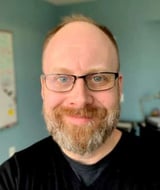
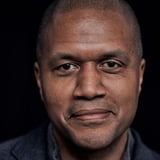

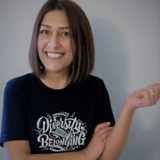

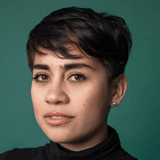



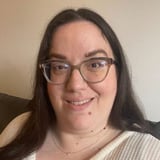
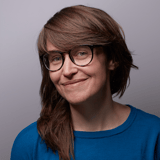
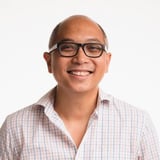
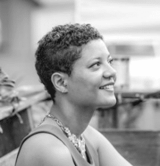
More Videos

"Valuable research becomes buried in overflowing Slack channels with meaty decks no one has time to read or revisit later."
Molly FargotsteinMultipurpose Communication & UX Research Marketing
September 12, 2019

"Different activities have different appropriate cadences; not every task fits into a one or two-week sprint."
Dave MaloufClosing Keynote: Amplify. Not Optimize.
October 24, 2019

"The ultimate purpose with AI-augmented note-taking is to think more effectively, not to outsource thought."
Jorge ArangoAI as Thought Partner: How to Use LLMs to Transform Your Notes (3rd of 3 seminars)
May 3, 2024

"The future was already here. It’s just not evenly distributed."
Daniel J. RosenbergDesigning with and for Artificial Intelligence
August 11, 2022

"We’ve been taught to build fast and break things, and we often play accessibility on the back burner."
Alexis LucioScaling Accessibility Through Design Systems
June 9, 2022

"The design project tracker used 1900 Excel functions mostly for capacity planning in quarterly design cycles."
Peter BoersmaHow to Define and Maintain a DesignOps Roadmap
October 3, 2023

"Art and visuals help represent what people cannot see, but only with strategic intention and understanding."
Ben Reason Aline Horta Majid Iqbal Fabiano LeoniMaking the system visible: The fastest path to better decisions
November 20, 2025

"The content behind this bot is curated and high quality, unlike the typical confusing, outdated information in corporate repositories."
Peter Van Dijck Louis RosenfeldCoffee with Lou #4: Taking a Peek Under the Rosenbot's Hood
June 14, 2024

"We often adapt within imperfect systems rather than fight them outright, aiming for longer-term change."
Taylor KlassmanShaping the Next Era of UX Research: Collaborative Forum
March 11, 2025
Latest Books All books
Dig deeper with the Rosenbot
How does making organizational systems visible help teams overcome project fragmentation?
What lessons can service designers learn from electoral participation metrics about measuring engagement and errors?
How can qualitative and quantitative approaches complement each other when investigating data errors?
















